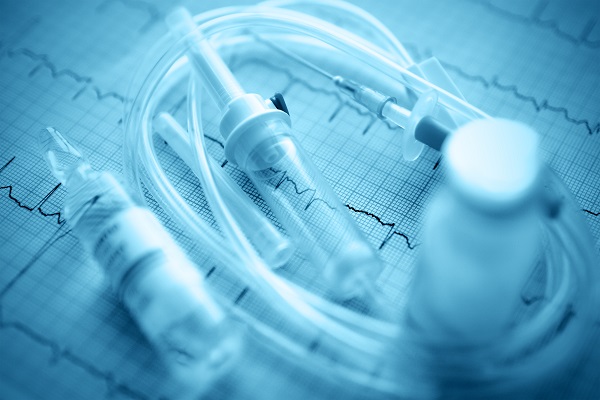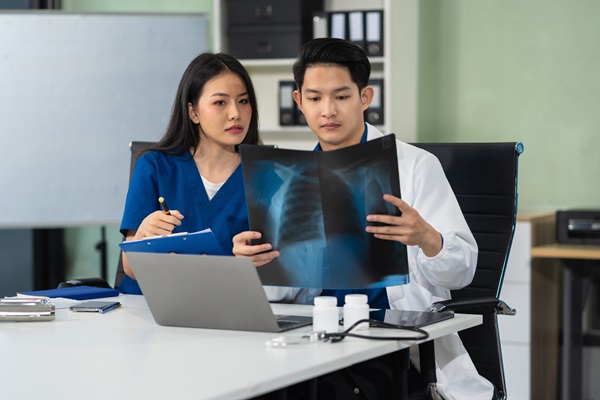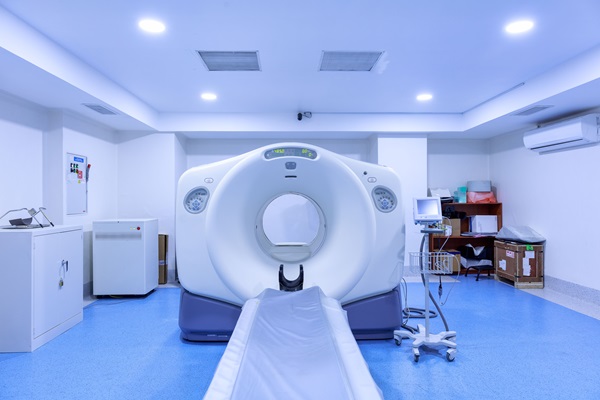What to Expect From Your Urgent Care STD Testing and Treatment

Sexually transmitted disease, or STD, testing is recommended for anyone who has ever been sexually active. You do not need to display symptoms of an STD to get treatment. It is possible to have an STD without experiencing any symptoms, and delaying treatment can cause long-term health problems, including infertility. Fortunately, you can get tested and treated at an urgent care office. Find out how this works.
STD testing and treatment
People are often embarrassed about getting tested for sexually transmitted diseases. They do not want to ask a primary care doctor to test for diseases, so many choose to go to urgent care. Urgent care offices are discrete, making it easier to get the testing and treatment. Also, people do not need to make an appointment at an urgent care office.
Evaluation of symptoms
STD testing begins by evaluating the symptoms. The doctor asks the patient if any symptoms are present. If the patient has symptoms, the doctor will conduct a physical exam. Females undergo a pelvic exam while males go through a genital exam. During the exam, the doctor looks for signs of STDs such as bumps or blisters.
Sample collection
The physician must collect samples to confirm or rule out sexually transmitted diseases. This might include drawing a small amount of blood and having the patient provide a urine sample. The doctor also might take throat, genital and anal swabs. Anal swabs are only required for patients who have engaged in anal sex.
Getting the results
An STD diagnosis might be confirmed after the physical exam, but in most cases, the samples must go to a lab to confirm a diagnosis. It normally takes a few days for the results to come back from the laboratory. The urgent care office will call with the results at that time. Patients who are diagnosed with STDs need to come back to urgent care for treatment.
Treatment for sexually transmitted diseases
Patients who have a bacterial STD such as gonorrhea or chlamydia will receive a prescription for antibiotics. It is critical to follow the instructions so the antibiotics kill the infection. Patients should undergo a second round of testing three months after finishing the antibiotics to ensure the infection did not reappear. If it reoccurs, patients must undergo a second round of treatment.
Genital herpes is a viral STD and cannot be cured. However, antiviral drugs limit the number of outbreaks and also reduce the symptoms. These drugs also make infected patients less likely to pass the disease to sexual partners. Antiviral drugs do not completely eliminate the risk, though, so safe sex is necessary.
HIV is also a virus, but instead of antiviral drugs, the doctor will likely treat it with antiretroviral therapy. The patient will take a series of HIV medications. The medications reduce symptoms and slow the progression of the disease. Antiretroviral therapy also reduces the risk of transmitting the disease to others, although it is still possible.
Get checked for sexually transmitted diseases
Early detection and treatment are critical for protecting yourself and your sexual partners. Visit an urgent care office to get evaluated. Your doctor will conduct a physical exam and collect samples. If you have an STD, your doctor can treat you. Do not wait until your symptoms are severe. Get tested today.
Call us today at (832) 941-1894 for more information from Texas Urgent Care & Imaging Center.
Check out what others are saying about our services on Yelp: Read our Yelp reviews.
Recent Posts
X-rays are popular tools medical professionals use to diagnose a wide range of health conditions quickly and safely. They allow these professionals to see inside the body without invasive procedures, making them invaluable in urgent and primary care settings. Whether identifying fractures, monitoring chronic conditions, or detecting abnormalities, X-rays are critical in ensuring timely and…
A CT scan, or computed tomography scan, is a diagnostic tool that provides detailed images of the body’s internal structures. This non-invasive procedure helps medical professionals diagnose and monitor various conditions, from injuries to chronic illnesses. Knowing what to expect during a CT scan can ease concerns and prepare patients for a smooth experience.A CT…
If you work in public transportation, you may need to have a DOT drug screening. The Department of Transportation (DOT) regulates this test and requires it for you. You might be wondering what this test is like. Keep reading to learn more.Congress passed the Omnibus Transportation Employee Testing Act in 1991. Congress knew that the…
Walk-in clinic provide convenient, accessible health care for non-emergency medical needs, making it an ideal choice when immediate attention is necessary. Understanding when to visit a clinic can help patients save time, avoid unnecessary trips to the emergency room, and receive quality care for their health concerns. These clinics handle various issues, offering fast, professional…


